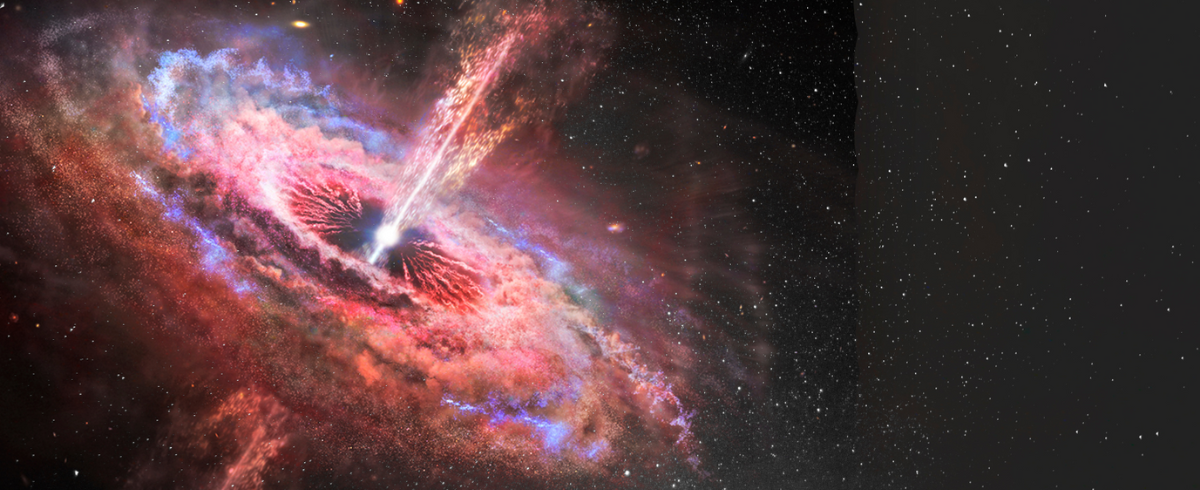Reading about astrophysics almost always makes me feel insignificant and oh so mortal. The article below proved no exception, especially given its bleak predictions, even if they are hundreds of billions of years in the future.
Reposted from New Scientist:
http://www.newscientist.com/channel/opinion/mg19726452.300-commentary-what-future-astronomers-wont-see.html
Faced as we are with impending economic gloom, with financial institutions under threat and stock markets around the world roiling like the sea in A Perfect Storm, perhaps we should step back from our myopic fixation on the present and think rather longer-term.
Viewed through the prism of the cosmos, things look a lot brighter. It turns out, in fact, that we live in quite remarkable times.
Ever since Edwin Hubble discovered that our universe is expanding, physicists have been striving to determine what will happen next. An expanding universe acting purely under the influence of gravity should slow down. So will the expansion continue forever, slowing but never quite coming to a halt? Or will it stop, leading the universe to collapse in a “big crunch”?
In fact, neither is happening. A decade ago, astronomers observing the motion of distant galaxies discovered something crazy: the expansion is actually speeding up. The dominant force in the universe seems to be some kind of cosmic antigravity that permeates empty space.
There is something exciting and a little scary about discovering that the dominant stuff in the universe is something we didn’t even know existed. However we feel about finding out that we, and all the stars and planets and galaxies we see, have been relegated to a new level of irrelevance, we can ask what this discovery implies for the future.
It doesn’t look good. If the universe’s expansion continues to speed up, powered by dark energy, objects beyond a certain distance from us will eventually be moving away from us faster than the speed of light. Nothing can travel through space faster than light, of course, but as far as we know space itself can expand as fast as it wants, carrying stars and galaxies along with it like surfers on a wave. If we wait long enough, distant objects will disappear from sight, and perhaps hundreds of billions of years from now our galaxy will sit alone in a vast, seemingly empty cosmos. The countless billions of galaxies we see now will have disappeared.
In that case, scientists in the far future, on some other planet without the benefit of our current knowledge, will see no evidence from their observations that the universe is expanding. After all, the only way that we know about it is by looking out at distant galaxies and tracing their motion. If they are out of sight, there will be no such tracers.
All empirical evidence that there was ever a big bang will have disappeared, as will all evidence for the mysterious dark energy that dominates the universe (and which by that time will contribute more than a million million times as much energy to the visible universe as matter does).
We can therefore allow ourselves to feel somewhat smug; astronomers in the far future will get it totally wrong. It turns out we live at the only time, as far as we can tell, when both the expanding universe and the existence of dark energy can be inferred. In the distant past, dark energy would not have had a measurable effect on the universe’s expansion, and in the far future, the expansion itself will not be measurable.
In fact, in an accelerating universe the limits to available knowledge will peter out faster than in any other kind of expanding universe, as there is no way to observe anything beyond the rapidly shrinking horizon. Such a universe is also the worst-case scenario for the long-term survival of life, as the energy needed to power it will run out (so much for intelligent design!)
We may never know if other fascinating and important aspects of our universe are hidden from us today, yet would have been visible had we been smart enough to evolve 5 billion years earlier. But these cosmic conundrums may at least make the gyrations of the stock market seem a little less profound.

“We can therefore allow ourselves to feel somewhat smug; astronomers in the far future will get it totally wrong.”
Who’s to say today’s astronomers are not totally wrong due to characteristics that occurred previously and picked up by scientists on another planet, that are unknown to us? 🙂